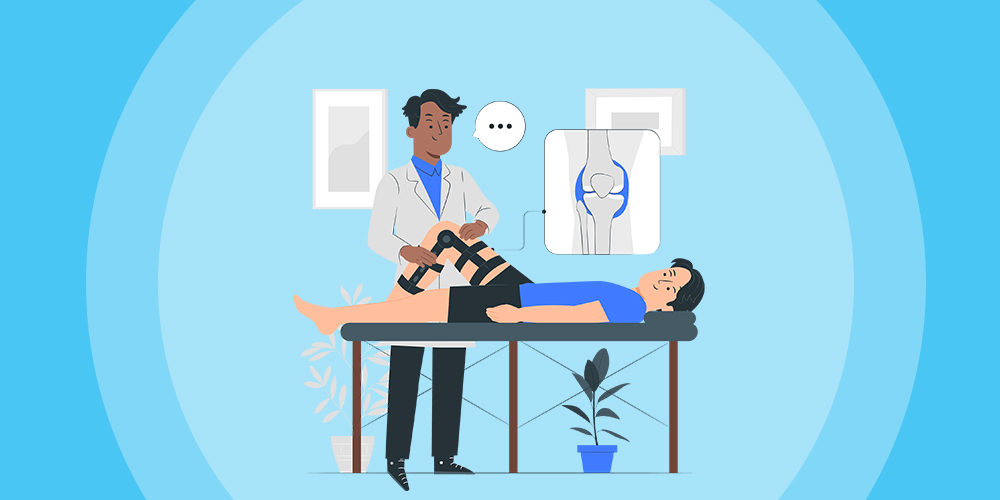
Why Does My Knee Hurt After Playing Pickleball?
Have you ever experienced knee pain after an intense game of pickleball? If so, you are not alone. Many recreational players find themselves baffled by knee discomfort. Understanding the causes and learning prevention strategies can help you enjoy pickleball without the pain.
Understanding Common Knee Injuries in Pickleball
Before diving into prevention, it's essential to understand the types of knee injuries commonly seen in pickleball:
- • Patellar Tendonitis: This is inflammation of the tendon connecting the kneecap to the shinbone. It's often caused by repetitive jumping or abrupt movements, both of which are common in pickleball.
- • Meniscus Tears: The meniscus is cartilage that cushions your knee joint. Tears typically occur from twisting or turning movements, which are frequent in pickleball gameplay.
- • Anterior Cruciate Ligament (ACL) Injuries: These involve sprains or tears in one of the key ligaments that stabilize the knee joint. Sudden stops or changes in direction, common in pickleball, can lead to ACL injuries.
Symptoms of these injuries may include swelling, stiffness, or a popping sensation. Being aware of these signs can help you identify problems early and seek appropriate care. 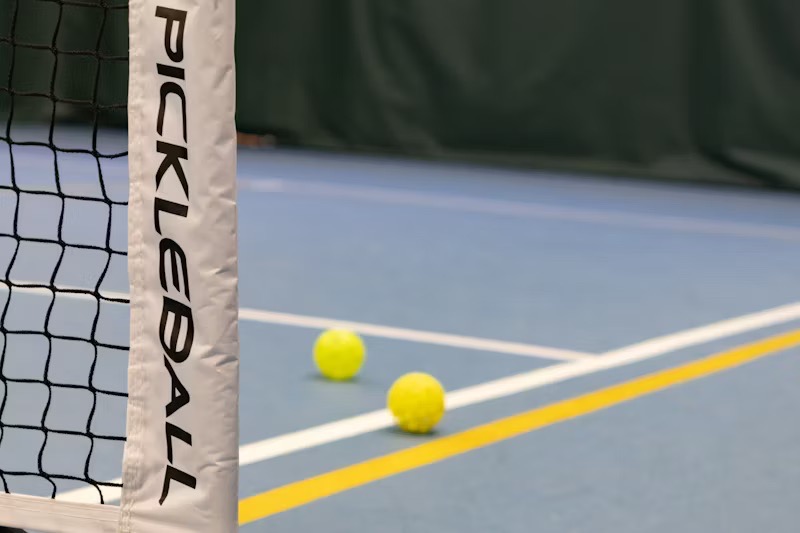
Biomechanics of Pickleball and Its Impact on Knees
Repetitive stress and quick movements
Pickleball involves frequent stop-and-go movements, quick pivots, and directional changes. This type of movement is incredibly fun but can be stressful on the knees.
The repetitive nature of these actions can lead to injuries such as knee strains, patellar tendonitis, and meniscus tears. The constant stress placed on your tendons and muscles may take you by surprise. Are your knees feeling the impact of your performance?
Impact of Court Surfaces
Playing on hard surfaces can increase the impact on your knees. If possible, look for courts with some cushioning to reduce the stress on your joints. However, regardless of the surface, proper technique and preparation are key to protecting your knees.
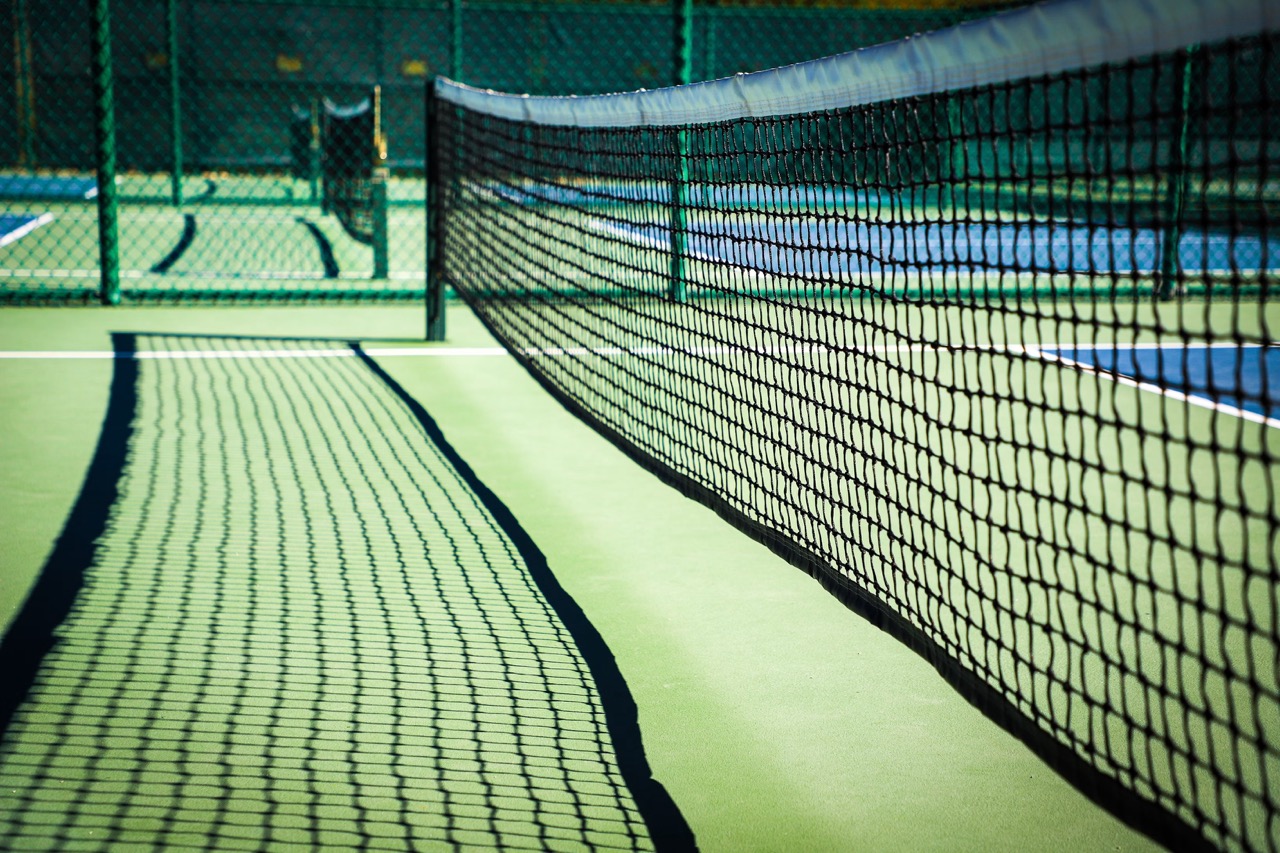
Prevention Strategies
Warm-up and Stretching
Skipping a proper warm-up and post-game stretching can make your knees more vulnerable to injuries. A good warm-up primes your body and gets your blood flowing.
Here's a simple routine to follow:
Can you feel the difference when you prep your body well?
Proper Technique and Form
Using improper technique while playing pickleball might place unnecessary strain on your knees. It's essential to pay attention to your form, especially when lunging, pivoting, or making sudden stops.
Working with a qualified coach or experienced players can help you develop proper techniques. Are your knees guiding your game, or is the game taking a toll on your knees?
Strengthening and Conditioning
Building up the muscles around the knees provides them with much-needed stability and support. Strengthening the quadriceps, hamstrings, and calf muscles helps safeguard your knees against injuries.
Here are some exercises to incorporate into your routine:
Have you nailed down a solid strengthening plan for your game days?
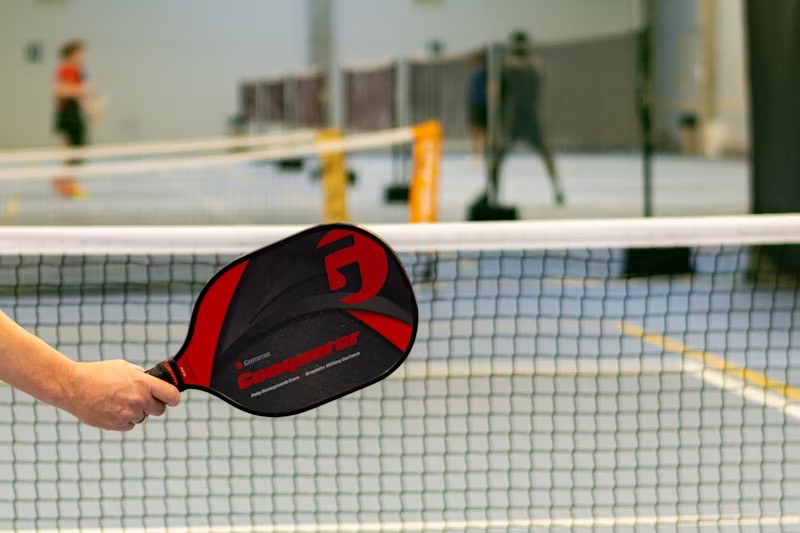
Balance and Proprioception Training
Improving balance can reduce the risk of knee injuries by enhancing joint stability. Try exercises like single-leg stands, balance board activities, or yoga poses to improve your overall stability and coordination.
Proper Footwear and Equipment
Selecting appropriate footwear is crucial for knee health. Look for shoes that provide adequate support, stability, and cushioning. If you have flat feet or high arches, consider using orthotic inserts for additional support.
Knee braces and supports can also be beneficial, offering additional support and alignment to prevent injury. Consult with a sports medicine professional to determine if these would be helpful for your specific situation.
Nutrition and Hydration
Proper nutrition can support joint health. Include foods rich in omega-3 fatty acids, calcium, and vitamin D in your diet. Stay well-hydrated to maintain muscle and joint function, which can reduce the risk of cramps and strains.
Rest and Recovery
Allow for adequate rest between games to prevent overuse injuries. Quality sleep is crucial for recovery and overall physical health. Listen to your body and don't push through pain or fatigue.
Additional Resources Explore our range of products designed to support knee health:
Addressing Knee Pain
Immediate Action for Knee Pain
If you experience knee pain, remember the RICE method:
When to Seek Medical Attention
Consult a healthcare professional if you experience persistent pain, swelling, or inability to bear weight on your knee. Early intervention can prevent minor issues from becoming major problems.
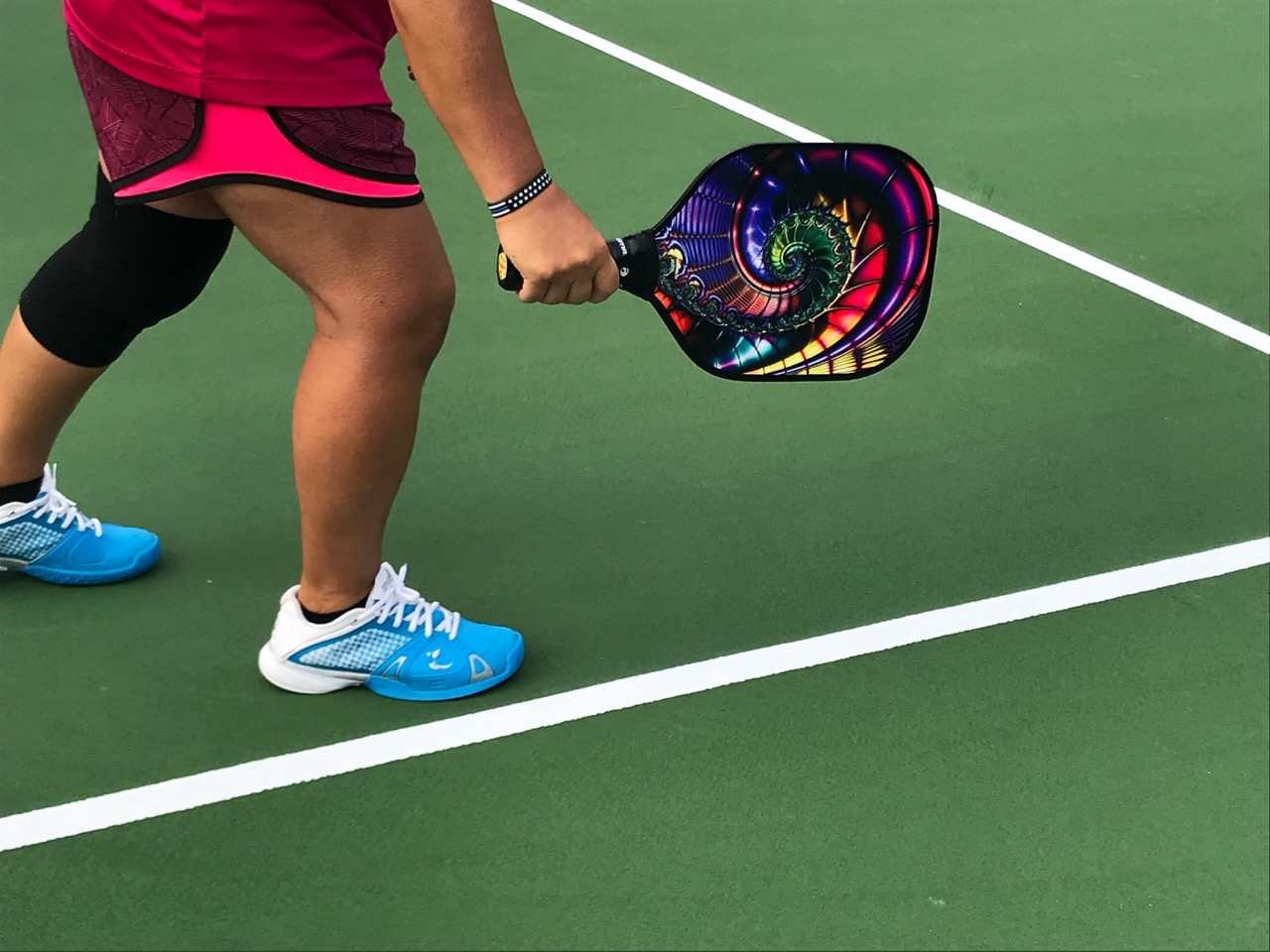
Age and Fitness Level Considerations
As we age, our joints naturally experience wear and tear, making us more susceptible to knee injuries. Maintaining overall fitness and managing weight can significantly reduce stress on your knees. If you're carrying extra weight, consider incorporating low-impact exercises like swimming or cycling to improve your fitness while protecting your joints.
Environmental Factors
Be mindful of weather conditions when playing. Cold weather can lead to stiff muscles and joints, increasing injury risk. Always warm up thoroughly, especially in cooler temperatures. Additionally, ensure you're playing on well-maintained courts to prevent slips, trips, and falls that could injure your knees.
Mental Preparation and Focus
Stay mentally present during your game. Being focused can help you react appropriately and avoid awkward movements that might lead to injury. Practice stress management techniques to reduce muscle tension and improve coordination.
Cross-Training and Low-Impact Activities
To strengthen muscles without high impact on knees, consider cross-training with activities like swimming, cycling, or using an elliptical machine. This can improve your overall fitness and reduce the risk of overuse injuries from playing pickleball exclusively.
Safety Regulations and Professional Evaluation
Adhere to local pickleball association guidelines on safety and injury prevention. If you're new to the sport, over a certain age, or have previous injuries, consider getting a medical evaluation before engaging in intense play. Regular health check-ups can help monitor your joint health and catch potential issues early.
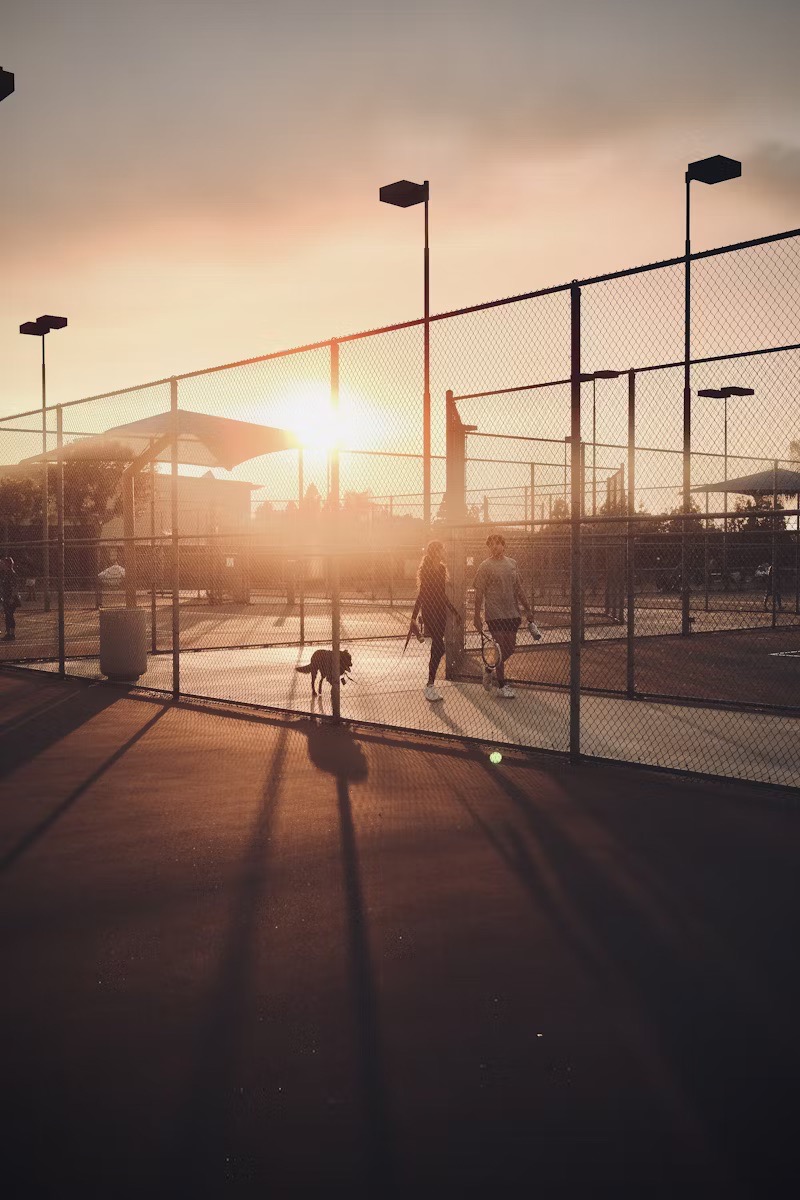
Key TakeawaysClosing Thoughts
By understanding the roots of knee pain in pickleball and adhering to these preventative measures, you can keep your knees healthy and your game stronger for longer. Remember, prevention is key, but early intervention is crucial if you do experience pain or discomfort.
Additional Resources Explore our range of products designed to support knee health:
More Great Rent A Knee Walker News & Stories
- •
- •
- •
- •
- •
- •

